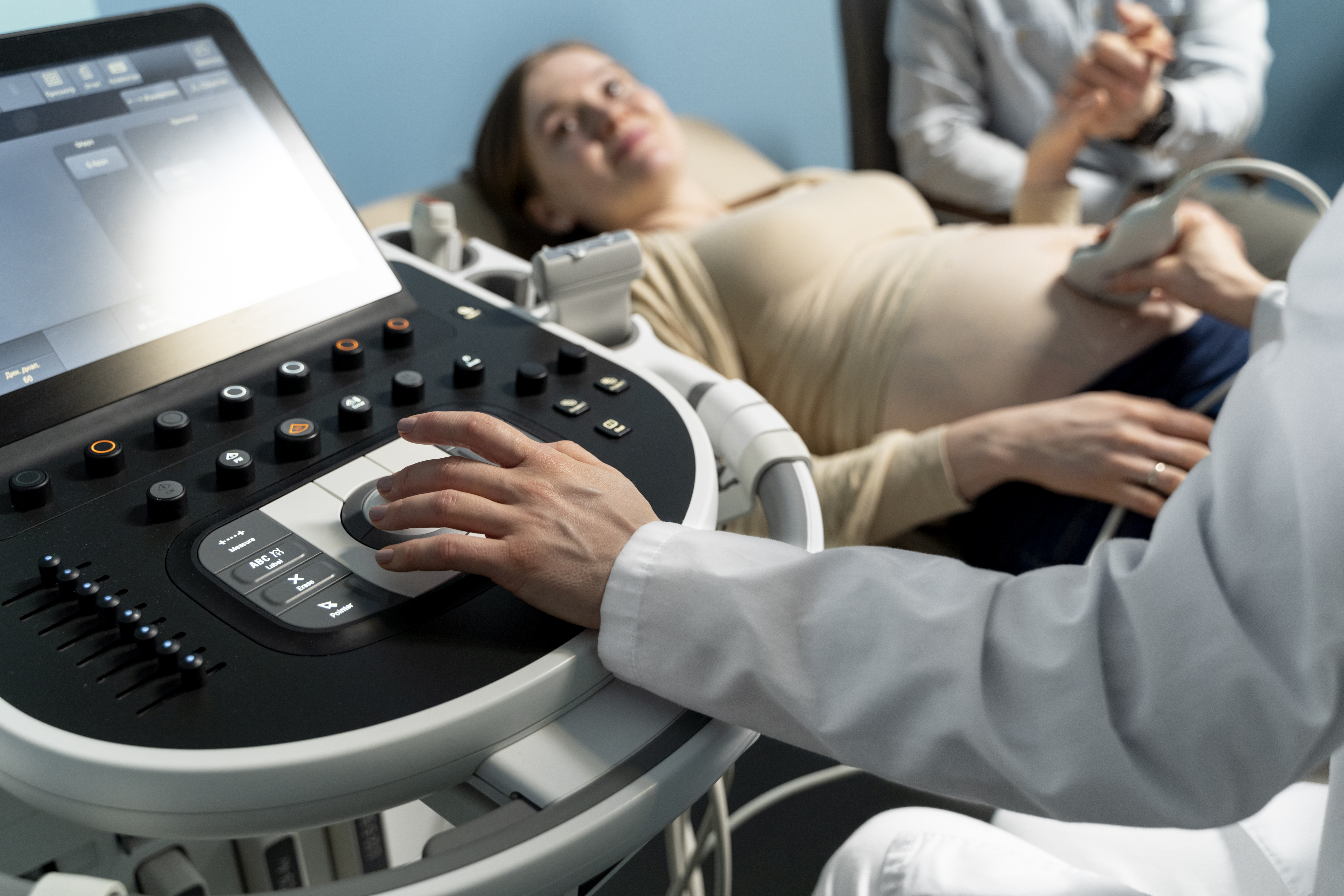Embark on a journey of knowledge and mastery in the field of Medical Anatomy through a PhD program. Discover the essential skills required to excel in this rigorous academic pursuit.
The Importance of a PhD in Medical Anatomy
A PhD in Medical Anatomy is an important and prestigious degree that provides individuals with advanced knowledge and expertise in the field. This degree allows individuals to contribute to the field through groundbreaking research, teaching, and leadership roles. With a PhD in Medical Anatomy, individuals can make significant contributions to the understanding of human anatomy and its applications in medicine.
Moreover, a PhD in Medical Anatomy opens up various career opportunities. Graduates can pursue careers in academia, research institutions, medical schools, and healthcare organizations. They can become professors, researchers, anatomists, or consultants, and make a lasting impact in the field.
Overall, obtaining a PhD in Medical Anatomy is essential for those who aspire to become experts in the field, contribute to scientific advancements, and make a difference in healthcare.
Developing Advanced Research Skills
A PhD program in Medical Anatomy provides individuals with the opportunity to develop advanced research skills. Through rigorous coursework, individuals learn how to design and conduct research studies, analyze data, and interpret results. They gain a deep understanding of research methodologies and techniques specific to the field of Medical Anatomy.
In addition, a PhD program enables individuals to develop critical thinking and problem-solving abilities. They learn to identify research gaps, formulate research questions, and develop innovative approaches to address these questions. These advanced research skills are crucial for conducting high-quality research and making significant contributions to the field of Medical Anatomy.
Mastering Anatomy Techniques and Dissection
Mastering anatomy techniques and dissection is a fundamental aspect of a PhD program in Medical Anatomy. Through hands-on training and practical experience, individuals learn how to dissect cadavers, study anatomical structures, and gain a comprehensive understanding of human anatomy.
In addition to dissection, individuals also learn various advanced anatomy techniques such as histology, microscopy, and imaging. They develop the skills to accurately identify and analyze anatomical structures at a microscopic level. These skills are essential for conducting detailed anatomical research and contributing to the understanding of human anatomy.
Enhancing Communication and Presentation Abilities
Effective communication and presentation abilities are essential for success in a PhD program in Medical Anatomy. Individuals are trained to effectively communicate their research findings through oral presentations, scientific writing, and academic publications.
Through regular interactions with peers, faculty members, and experts in the field, individuals develop strong communication skills. They learn how to articulate complex anatomical concepts, present research findings in a clear and concise manner, and engage in scientific discussions.
Furthermore, individuals also gain experience in presenting their research at conferences and scientific meetings. These opportunities enhance their presentation abilities and enable them to share their work with a wider audience. Effective communication and presentation skills are crucial for disseminating research findings, collaborating with other researchers, and advancing the field of Medical Anatomy.
Becoming a Leader in Medical Anatomy Research
A PhD program in Medical Anatomy equips individuals with the knowledge and skills to become leaders in the field of Medical Anatomy research. Through the program, individuals develop a deep understanding of the current research landscape, emerging trends, and innovative approaches in the field.
Furthermore, individuals learn how to critically evaluate existing research, identify research gaps, and propose novel research directions. They gain the ability to lead research projects, supervise junior researchers, and collaborate with multidisciplinary teams.
By becoming leaders in Medical Anatomy research, individuals can drive scientific advancements, contribute to the development of new medical technologies and therapies, and improve patient care. They play a vital role in shaping the future of the field and making significant contributions to healthcare.



